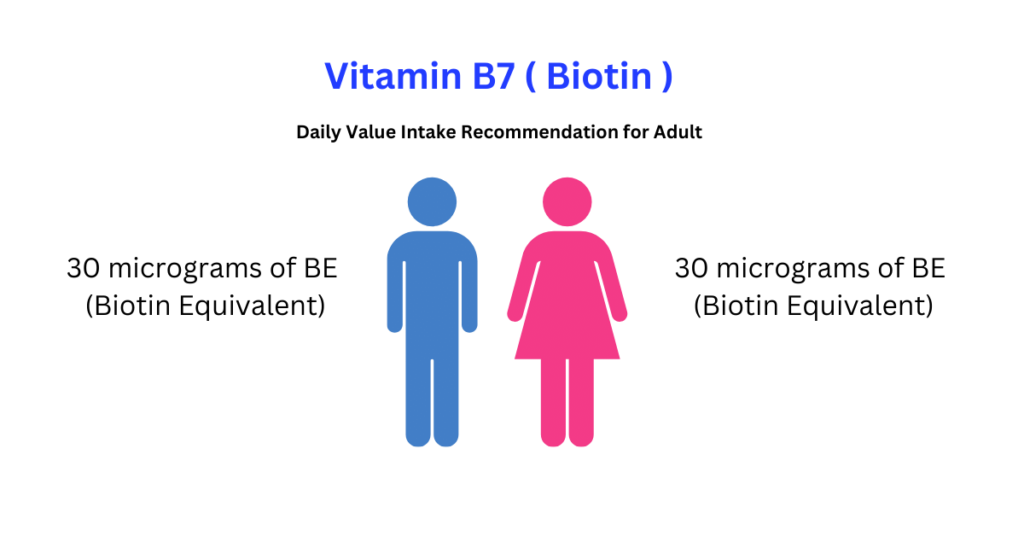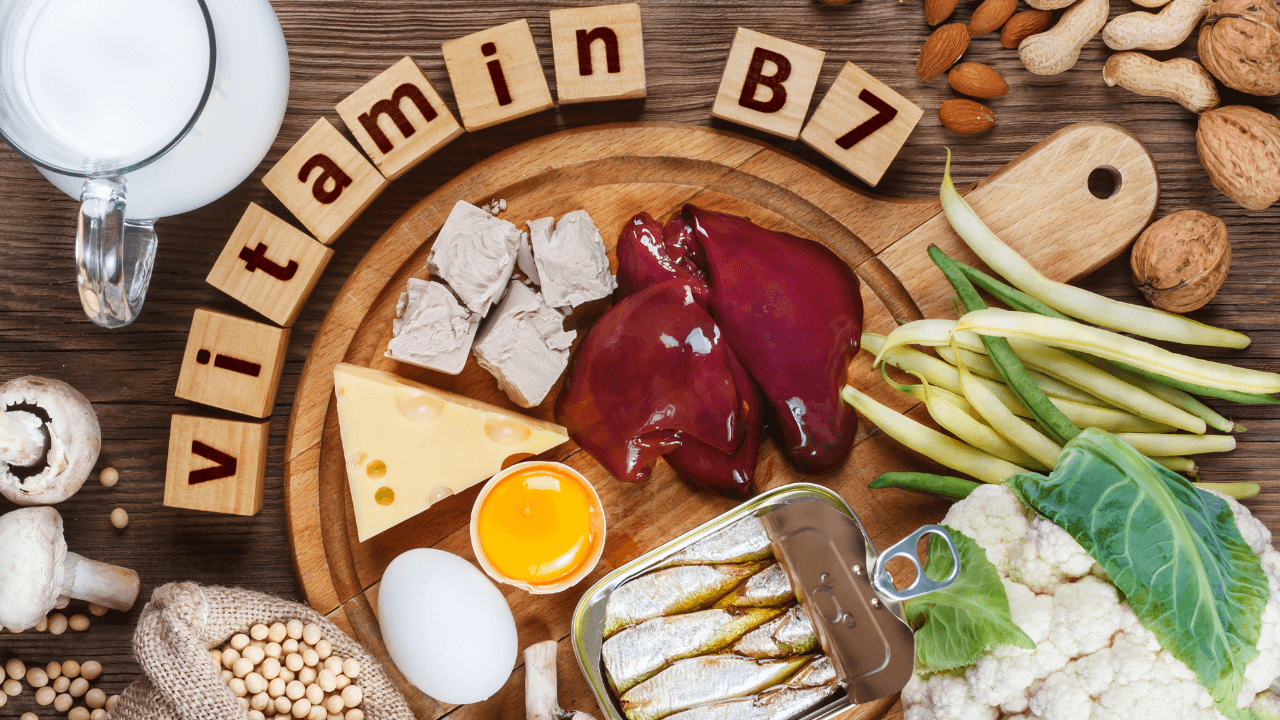Delve into the essential role of Vitamin B7 (Biotin), a crucial nutrient that supports key metabolic processes in the body. In this detailed guide, we will explore the benefits of Vitamin B7, delve into various foods rich in biotin, discuss the implications of biotin deficiency, and understand the necessity of maintaining adequate biotin levels for optimal health and wellbeing.
Vitamin B7: A Catalyst in Metabolic Functions
Biotin, essential for converting food into energy, is a key nutrient in supporting metabolism, skin health, and nerve function. Ensuring you meet the recommended daily intake is crucial for a well-functioning body.

Top Dietary Sources of Biotin
A wide range of foods that have biotin ensures an adequate intake of this important vitamin:
- Egg yolks (1 large): Approximately 10 micrograms
- Liver (3 ounces, cooked): Approximately 30 micrograms
- Salmon (3 ounces, cooked): Approximately 5 micrograms
- Sunflower seeds (1 ounce): Approximately 2.5 micrograms
- Sweet potatoes (1 medium, cooked): Approximately 2.5 micrograms
- Almonds (1 ounce): Approximately 1.5 micrograms
- Spinach (1/2 cup, cooked): Approximately 0.5 micrograms
- Avocado (1 medium): Approximately 2-6 micrograms
- Pork (3 ounces, cooked): Approximately 2 micrograms
- Cheese (1 ounce): Approximately 0.4 micrograms
Addressing Biotin Deficiency and the Role of Supplements
Although biotin deficiency is rare, it can occur in certain populations, particularly those with metabolic disorders or undergoing prolonged antibiotic treatments. Symptoms may include hair loss, skin rashes, and neurological issues. In such cases, healthcare professionals may recommend biotin supplements to ensure adequate levels.
Optimizing Biotin Absorption and Understanding Drug Interactions
It’s vital to know that while biotin is usually absorbed well from food, some medications, like anticonvulsants, can affect this process. Also, prolonged antibiotic therapy cause alterations to the gut microbiota, which produces biotin, and this may lead to a deficiency. Being informed about these interactions helps in maintaining optimal Vitamin B7 levels, particularly for individuals under specific medical treatments.
Conclusion
Understanding the importance of Vitamin B7 (Biotin) in your diet is essential for maintaining energy levels, skin health, and overall wellness. By including a variety of biotin-rich foods in your diet and considering supplements when necessary, you can ensure your body functions optimally.







